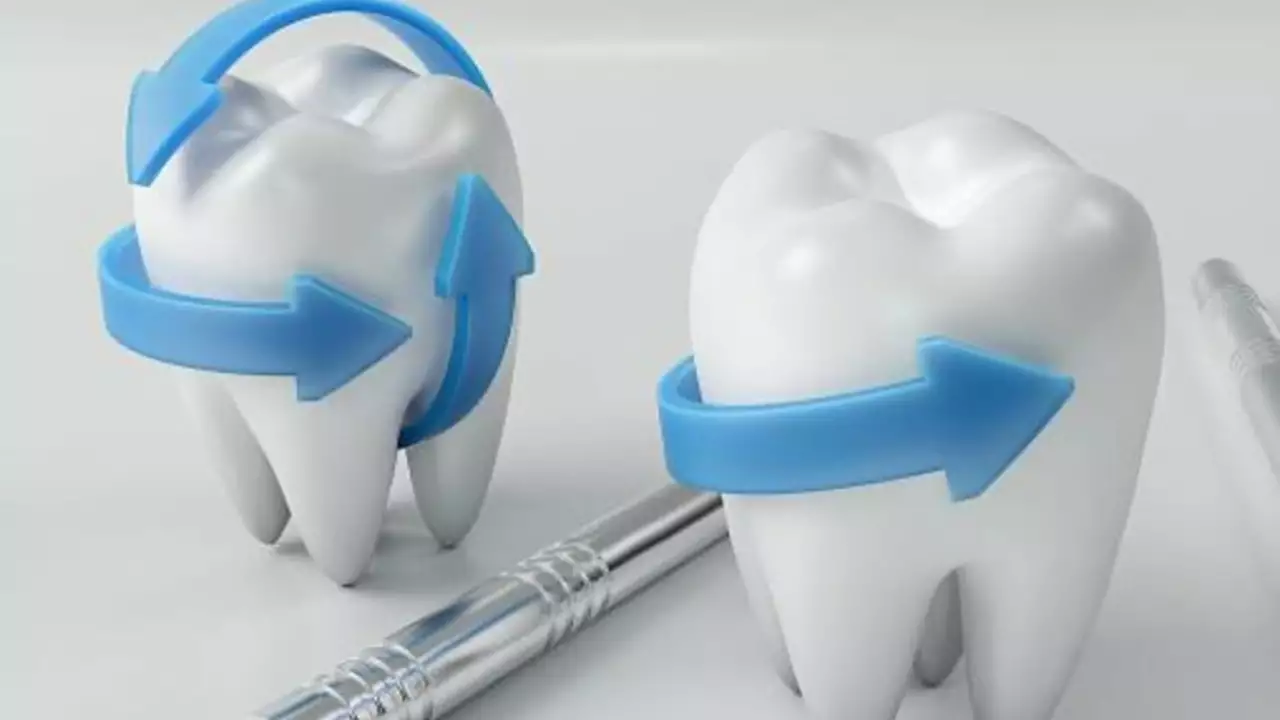Hydrochlorothiazide (HCTZ) – Quick Guide
If you’ve been prescribed a little white pill called hydrochlorothiazide, you’re probably wondering what it does and how to take it right. In short, HCTZ is a diuretic that helps your kidneys get rid of extra water and salt, which in turn lowers blood pressure and reduces swelling.
How It Works and Who Takes It
The drug works by nudging the kidney tubules to release more sodium. When sodium leaves the body, water follows, so you pee a bit more. That drop in fluid volume eases the strain on your heart and blood vessels. Doctors usually prescribe HCTZ for high blood pressure (hypertension) or for conditions that cause fluid buildup, like heart failure or kidney problems.
Most adults start with a low dose—often 12.5 mg to 25 mg once daily. Some people need up to 50 mg, but higher doses don’t always give extra benefit and may raise the risk of side effects.
Dosage, Side Effects & Practical Tips
How to take it: Swallow the tablet with a glass of water, preferably in the morning. Taking it early helps avoid nighttime trips to the bathroom. If you miss a dose, just take it when you remember—don’t double up.
Common side effects: Light‑headedness, especially when you stand up quickly, is typical because of lower blood pressure. You might notice more frequent urination for a few days, and some people get muscle cramps or mild stomach upset. Most of these fade as your body adjusts.
Managing side effects: Stay hydrated but don’t overdo sugary drinks—water and low‑sugar electrolyte drinks work best. If you feel dizzy, rise slowly from sitting or lying down. Adding a potassium‑rich food like banana or orange can help if your doctor says your potassium is low.
Drug interactions: HCTZ can boost the effect of other blood pressure meds, which may cause too low a pressure reading. It also interacts with certain anti‑inflammatories (like ibuprofen) and some diabetes drugs, potentially raising blood sugar. Always tell your pharmacist about every medicine you take.
Things to watch: Get your blood pressure checked regularly—once a week at first, then less often once it’s stable. Your doctor might ask for blood tests to monitor electrolytes (potassium, sodium) and kidney function.
If you notice severe symptoms such as sudden muscle weakness, irregular heartbeat, or extreme thirst, call your healthcare provider right away; these could signal low potassium or dehydration.
Bottom line: Hydrochlorothiazide is a cheap, effective way to keep blood pressure in check when used correctly. Stick to the morning schedule, stay aware of how you feel, and keep up with follow‑up appointments. With those simple steps, the pill can do its job without causing unnecessary hassle.
Hydrochlorothiazide and Dental Health: What You Need to Know
In today's blog post, I want to discuss an important topic that many people may not be aware of - the connection between Hydrochlorothiazide usage and dental health. Hydrochlorothiazide, a common medication for high blood pressure, can have some potential side effects on our oral health. It's crucial to be informed about these side effects so we can take proper care of our teeth and gums. In my research, I found that this drug may cause dry mouth, gum swelling, and even tooth sensitivity. Therefore, if you're taking Hydrochlorothiazide, always consult with your dentist and take adequate measures to maintain good dental health.






